The choice between vinyl tiles and ceramic tiles is a common dilemma for homeowners and businesses alike. Both options offer durability, easy maintenance, and a wide range of design options. In this article, we will delve into the key differences between vinyl tiles and ceramic tiles to help you make an informed decision. 1. Appearance and Design Options: When it comes to design, ceramic tiles often take the lead. They are available in various colors, patterns, and textures, offering a more authentic and luxurious aesthetic. Vinyl tiles, however, have come a long way in terms of design options, with advancements in technology allowing them to imitate natural materials like stone or wood, providing a cost-effective alternative without compromising on aesthetics.

.
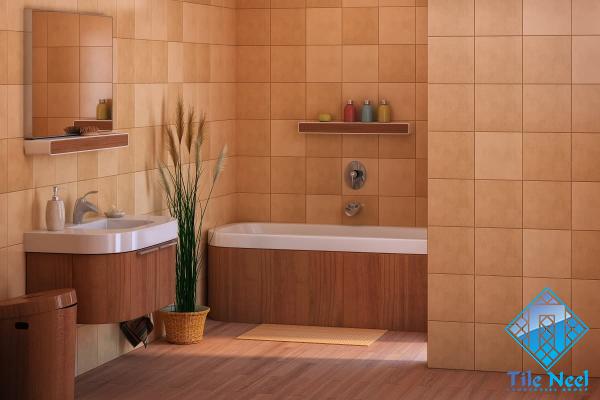 2. Durability and Longevity: Ceramic tiles are known for their exceptional durability and can withstand heavy foot traffic, making them suitable for high-traffic areas like hallways, kitchens, and bathrooms. They are resistant to scratches, moisture, and stains. Vinyl tiles, while also durable, may not have the same level of resilience as ceramic tiles. They are prone to tearing and denting over time, especially in areas with heavy furniture or appliances. 3. Installation and Maintenance: Ceramic tiles require professional installation due to their weight and the need for grouting, which can increase the overall cost. On the other hand, vinyl tiles are lightweight, making them easier to handle and install, even for DIY enthusiasts. Vinyl tiles can be installed using adhesive strips or glue, eliminating the need for grout altogether. In terms of maintenance, both options are relatively easy to clean, but ceramic tiles may require more attention to keeping the grout lines clean and free of stains.
2. Durability and Longevity: Ceramic tiles are known for their exceptional durability and can withstand heavy foot traffic, making them suitable for high-traffic areas like hallways, kitchens, and bathrooms. They are resistant to scratches, moisture, and stains. Vinyl tiles, while also durable, may not have the same level of resilience as ceramic tiles. They are prone to tearing and denting over time, especially in areas with heavy furniture or appliances. 3. Installation and Maintenance: Ceramic tiles require professional installation due to their weight and the need for grouting, which can increase the overall cost. On the other hand, vinyl tiles are lightweight, making them easier to handle and install, even for DIY enthusiasts. Vinyl tiles can be installed using adhesive strips or glue, eliminating the need for grout altogether. In terms of maintenance, both options are relatively easy to clean, but ceramic tiles may require more attention to keeping the grout lines clean and free of stains.
..
 4. Comfort and Acoustic Properties: Vinyl tiles offer a cushioned feel underfoot, which can be more comfortable to walk on for long periods, especially in areas where standing for extended durations is common, such as kitchens or laundry rooms. Additionally, vinyl tiles absorb sound better than ceramic tiles, providing a quieter environment and reducing echoes. 5. Cost: When it comes to cost, vinyl tiles are generally more affordable than ceramic tiles. The cost of ceramic tiles can vary greatly depending on factors such as the quality, brand, and design. Installation costs for ceramic tiles can be higher due to the need for professional assistance.
4. Comfort and Acoustic Properties: Vinyl tiles offer a cushioned feel underfoot, which can be more comfortable to walk on for long periods, especially in areas where standing for extended durations is common, such as kitchens or laundry rooms. Additionally, vinyl tiles absorb sound better than ceramic tiles, providing a quieter environment and reducing echoes. 5. Cost: When it comes to cost, vinyl tiles are generally more affordable than ceramic tiles. The cost of ceramic tiles can vary greatly depending on factors such as the quality, brand, and design. Installation costs for ceramic tiles can be higher due to the need for professional assistance.
…
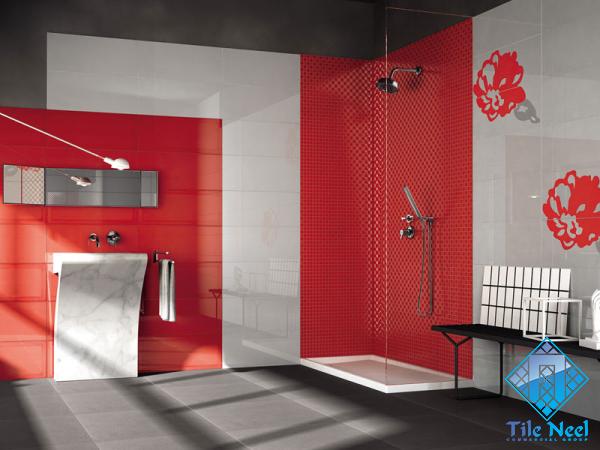 Vinyl tiles, in contrast, offer a cost-effective solution, with a wide range of options to suit different budgets. Conclusion: Choosing between vinyl tiles and ceramic tiles ultimately depends on your specific needs and preferences. Ceramic tiles offer a classic and luxurious look at a higher price point, while vinyl tiles provide an array of design options at a more affordable cost. Durability, ease of installation, and comfort should also be taken into consideration to ensure the longevity and satisfaction of your flooring choice. By carefully weighing these factors, you can confidently make an informed decision that aligns with your requirements and budget.
Vinyl tiles, in contrast, offer a cost-effective solution, with a wide range of options to suit different budgets. Conclusion: Choosing between vinyl tiles and ceramic tiles ultimately depends on your specific needs and preferences. Ceramic tiles offer a classic and luxurious look at a higher price point, while vinyl tiles provide an array of design options at a more affordable cost. Durability, ease of installation, and comfort should also be taken into consideration to ensure the longevity and satisfaction of your flooring choice. By carefully weighing these factors, you can confidently make an informed decision that aligns with your requirements and budget.
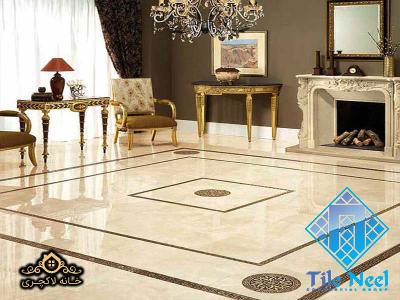
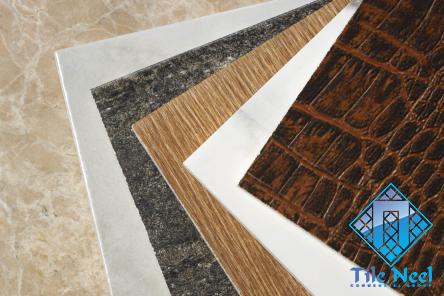
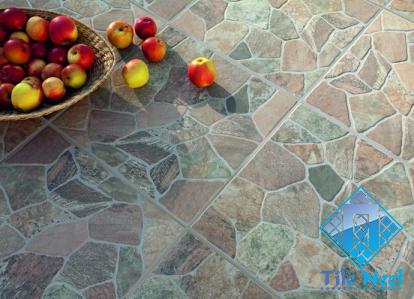

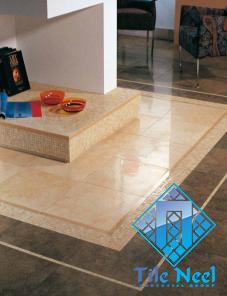

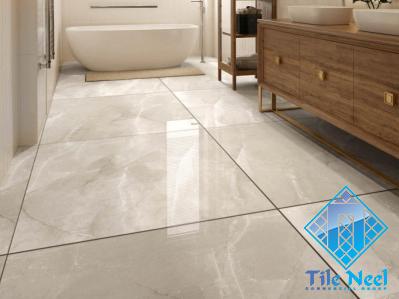
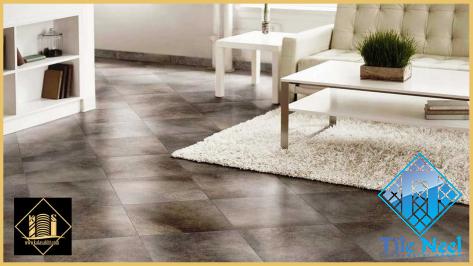
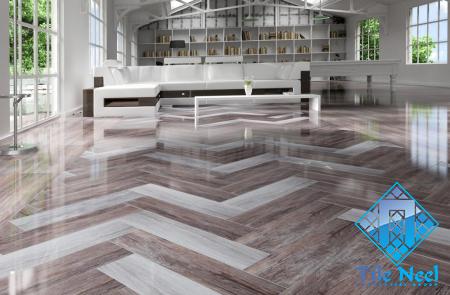
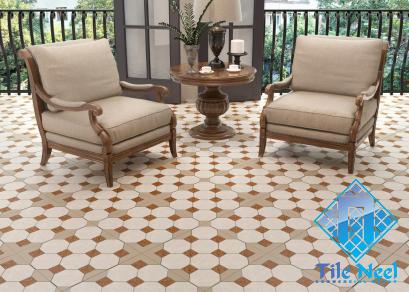
Your comment submitted.